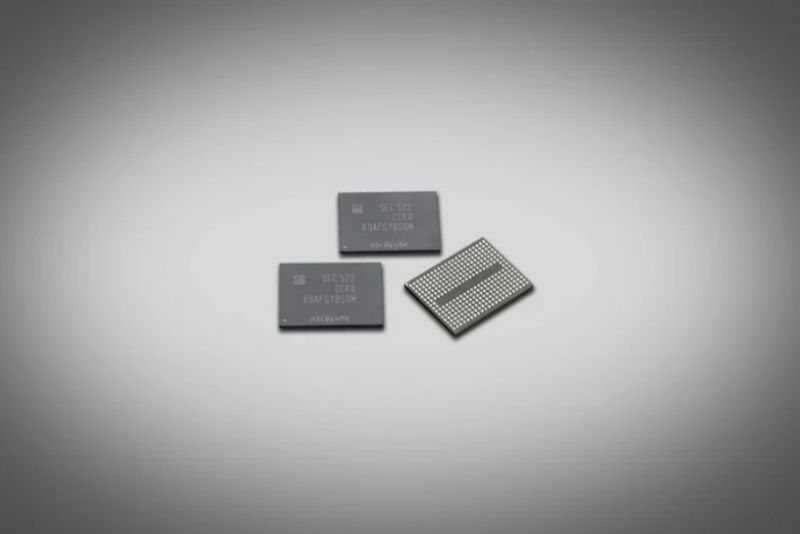YARRAMATE Oil Sprayer for Cooking, 2 in 1 Olive Oil Dispenser Bottle for Kitchen, 16oz/470ml Premium Glass Oil Bottle, Food-grade Oil Mister for Air Fryer, Salad, Frying, BBQ (Black)
$9.99 (as of January 20, 2025 02:51 GMT +00:00 - More infoProduct prices and availability are accurate as of the date/time indicated and are subject to change. Any price and availability information displayed on [relevant Amazon Site(s), as applicable] at the time of purchase will apply to the purchase of this product.)Ernie Ball Regular Slinky Nickel Wound Electric Guitar Strings 3-pack, 10-46 Gauge (P03221)
$16.91 (as of January 20, 2025 02:51 GMT +00:00 - More infoProduct prices and availability are accurate as of the date/time indicated and are subject to change. Any price and availability information displayed on [relevant Amazon Site(s), as applicable] at the time of purchase will apply to the purchase of this product.)MAYBESTA Professional Wireless Lavalier Lapel Microphone for iPhone, iPad - Cordless Omnidirectional Condenser Recording Mic for Interview Video Podcast Vlog YouTube
$22.99 (as of January 20, 2025 02:51 GMT +00:00 - More infoProduct prices and availability are accurate as of the date/time indicated and are subject to change. Any price and availability information displayed on [relevant Amazon Site(s), as applicable] at the time of purchase will apply to the purchase of this product.)GE XWFE Refrigerator Water Filter, Genuine Replacement Filter, Certified to Reduce Lead, Sulfur, and 50+ Other Impurities, Replace Every 6 Months for Best Results, Pack of 1
$49.91 (as of January 20, 2025 02:51 GMT +00:00 - More infoProduct prices and availability are accurate as of the date/time indicated and are subject to change. Any price and availability information displayed on [relevant Amazon Site(s), as applicable] at the time of purchase will apply to the purchase of this product.)Personalized Custom Wood Name Sign, Nursery Name Sign, Family Name Signs, Choice of Size & Fonts!
$6.99 (as of January 20, 2025 02:51 GMT +00:00 - More infoProduct prices and availability are accurate as of the date/time indicated and are subject to change. Any price and availability information displayed on [relevant Amazon Site(s), as applicable] at the time of purchase will apply to the purchase of this product.)That is eight times more energy-efficient than the best NVIDIA chip.The collaboration between Samsung and Naver in producing chips for hyperscale AI models seems to be yielding results: the companies claim that their solution, based on user-programmable gate arrays (FPGAs), is eight times more energy-efficient than any NVIDIA product. This bold statement will undoubtedly be scrutinized when independent parties have the opportunity to examine the Naver chip closely.

According to the companies’ representatives, this high energy efficiency is partly achieved by integrating low-power DRAM (LPDDR) into the chip, although the exact type of memory is not specified. However, detailed information on how LPDDR works in this new chip and what specifically could lead to such a significant performance improvement is limited.
Naver’s hyperscale language model, HyperCLOVA, also plays a key role in achieving high efficiency. Naver claims it continues to work on improving this model, hoping to achieve even greater efficiency by refining compression algorithms and simplifying the model. Currently, HyperCLOVA has over 200 billion parameters.
Suk Geun Chung, head of Naver CLOVA CIC, states, “By combining our knowledge and know-how gained in HyperCLOVA with Samsung’s expertise in semiconductor manufacturing, we are confident that we can create a completely new class of solutions capable of better addressing the challenges of modern AI technologies.”
The emergence of another player in the AI chip market is not surprising, as NVIDIA continues to profit from its offerings in this area. Additional options will be beneficial for developers looking to work with AI.
The collaboration between two tech giants like Samsung and Naver indicates a significant push towards more sustainable and efficient AI technologies. This development could lead to new innovations in AI applications across various sectors, from healthcare to autonomous vehicles, where energy efficiency and processing power are critical. The potential of these advancements in AI chip technology is vast, possibly influencing future trends in AI development and deployment.
Lenovo announced the Xiaoxin 2024 all-in-one computers










